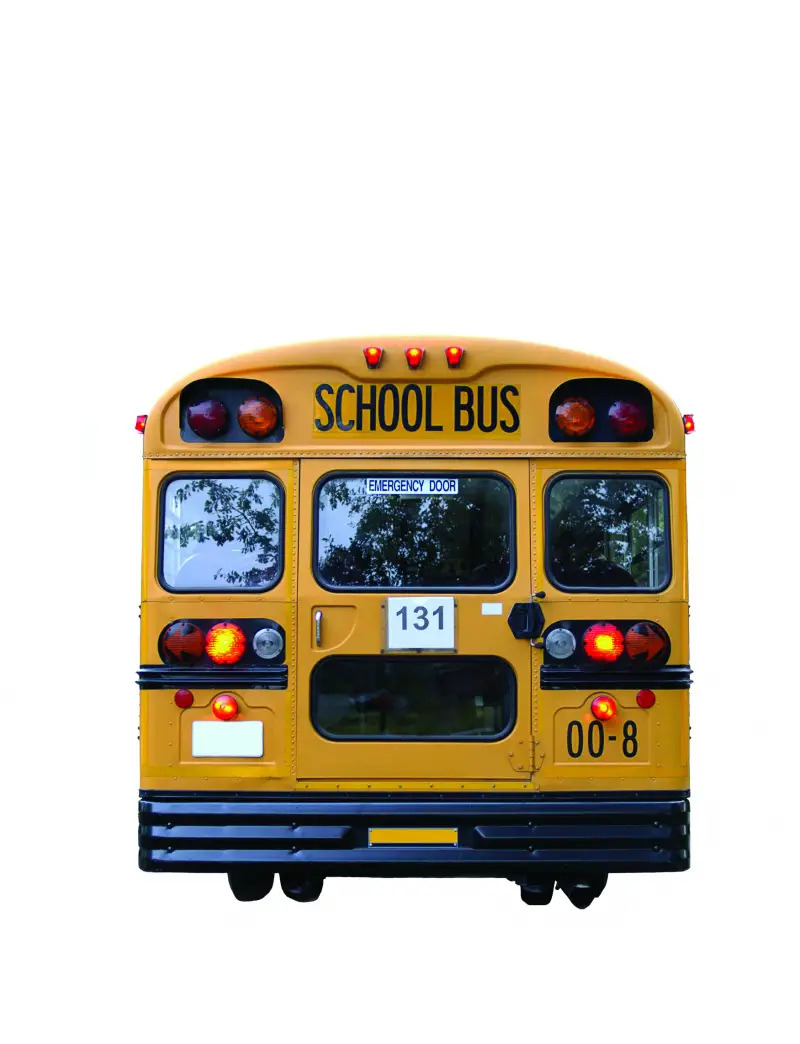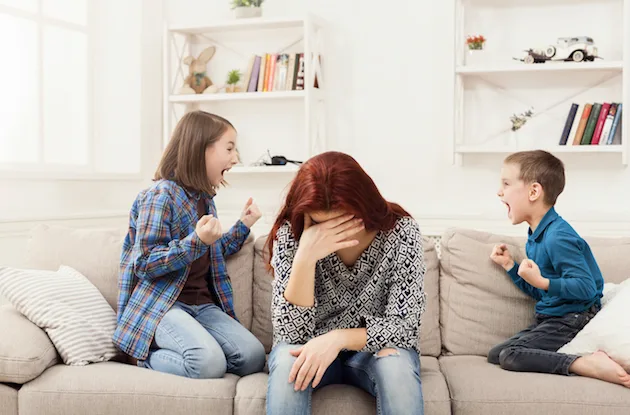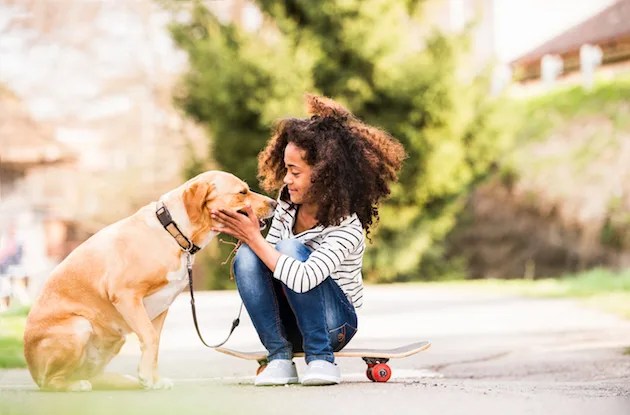One New York mom watches her son mature and advance at the end of elementary school as he transitions into middle school and his needs evolve.
 There’s a reason I keep forgetting the date of my newly 11-year-old’s elementary school graduation. I don’t want it to happen. Don’t get me wrong—the future is brighter than I could have imagined. He was accepted into a lovely middle school that he’s overjoyed about, and I love the young man he’s turning into. But he’s an only child, and it makes me sad, and writing that date down in my oversized spiral calendar makes it real.
There’s a reason I keep forgetting the date of my newly 11-year-old’s elementary school graduation. I don’t want it to happen. Don’t get me wrong—the future is brighter than I could have imagined. He was accepted into a lovely middle school that he’s overjoyed about, and I love the young man he’s turning into. But he’s an only child, and it makes me sad, and writing that date down in my oversized spiral calendar makes it real.
The journey that I’ve taken as a mother turned to advocate very quickly, and I’ve written a lot about that. Sensory issues led to being booted from preschool; a self-contained special education program at a private school eventually merged into his being gently mainstreamed into a public school. Yellow “half-cheese” school buses doubled in size, and suddenly there were no more bus matrons, a luxury afforded only to special needs school transportation.
The last IEP meeting I had lasted close to 30 minutes, and it was mostly nodding my head in agreement about the progress my son has made. There were three people there, myself included.
I remember the first years when there were nearly 10 people sitting around an imposing table. I recall being coached by lawyers and social workers about what to say and how to respond.
Last year, we said goodbye to speech therapy after it was deemed my son didn’t need it for academic purposes. Could he still stand to improve his diction? Sure, but when he’s focused and truly wants to be heard, he makes it happen. It doesn’t interfere with his being understood in class. For this go-around, we decided to keep a couple of counseling sessions per week to make the transition into middle school a softer one. If he doesn’t think he needs it once the year settles in, he can let it go. We’ll let him be the judge. Let me repeat that: We’ll let him be the judge.
A Growing Sense of Freedom
When I was Jamie’s age, I walked everywhere in Santa Fe, where I was raised. I walked a mile into town and back; I walked into the foothills to clear my head; I hung out at the reservoir smoking cigarettes with my dearest friends, who were also “latch-key” kids. We carried around a small red Fisher Price cassette player and played Lou Reed and laughed and smoked and headed home when the sun was setting. I got into some trouble, mainly a decade-long smoking habit, but freedom worked for me, and I long to offer more to my son.
Getting Jamie his first set of keys made sense. Every morning, on my second cup of coffee, I’ve pulled on sneakers and left the house in sweats and a T-shirt to walk him to the bus stop. I loved the ritual, but I became keenly aware that he towered over the rest of the kids there; he could handle a one-block walk on his own, there and back at the end of the day. A flip phone followed a couple of weeks later. He loves texting me (so far, I’m the only one that he texts). “Mom you couldn’t be any more annoying” read one of the latest. I think he sent that one from the bathroom one afternoon.
In the next few days—at some point I’ll have to write it down—there will be a graduation ceremony followed by a fifth-grade dance. The poignancy of this feels as precious and fleeting as a good rain. In Santa Fe the rain would come on quickly. In the distance you could see clouds gathering and slants of gray rain that gave the illusion of being small mushroom clouds. After the ground soaked up the water, the juniper and piñon trees smelled as concentrated as incense and the dry air was, for a short time, damp with a welcome humidity. In this moment, thinking about those rare and satisfying rains, it occurs to me that I need a good cry. I’m not sure what I’d cry over. It’s not the dance or the graduation, really; not even leaving the sweet public school that took him in with open arms, just as every other program did, even if I first fought like hell to make it happen while wearing my advocate hat.
I guess it’s that I miss that little boy who hit too hard when he got mad, who would throw himself into my couch when he was overexcited, needing that physical input. He would squeeze my hand so tightly when we crossed the street. While that doesn’t happen much anymore, it can still happen on a whim.
Rachel Aydt is a freelance writer and journalism teacher at NYC’s The New School. She lives in Manhattan with her husband and son. Read more of her writing here.















